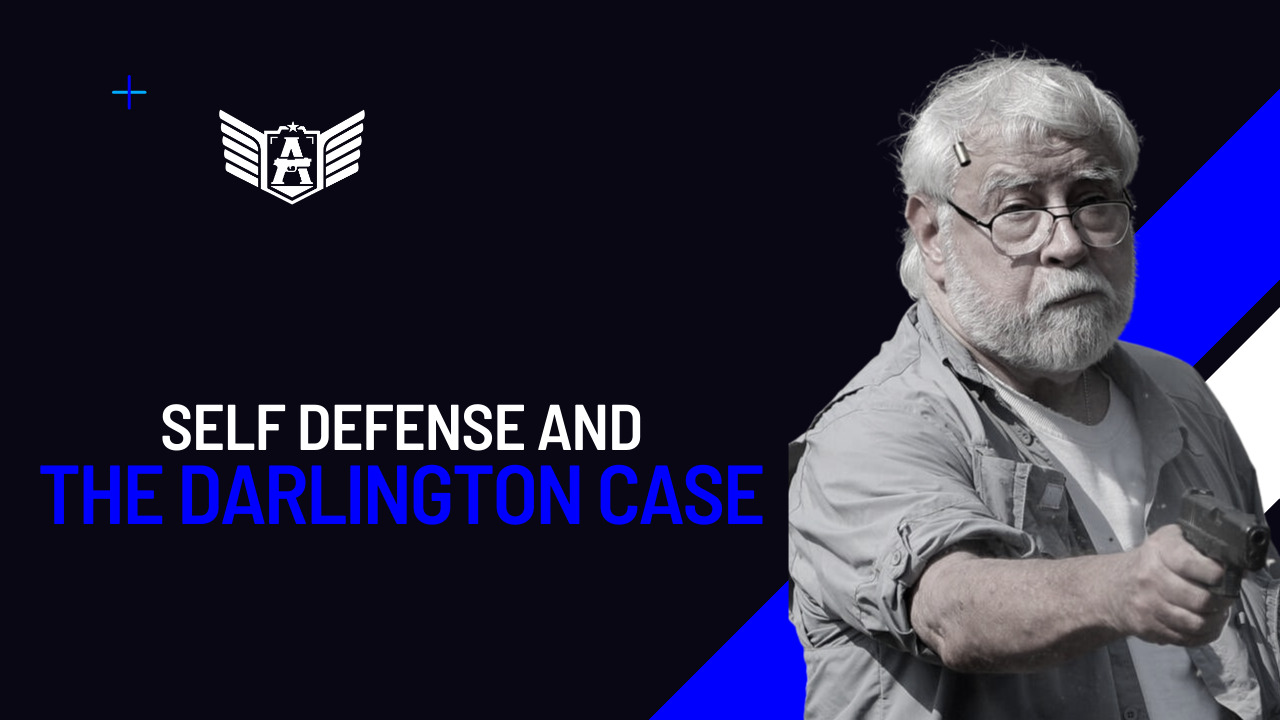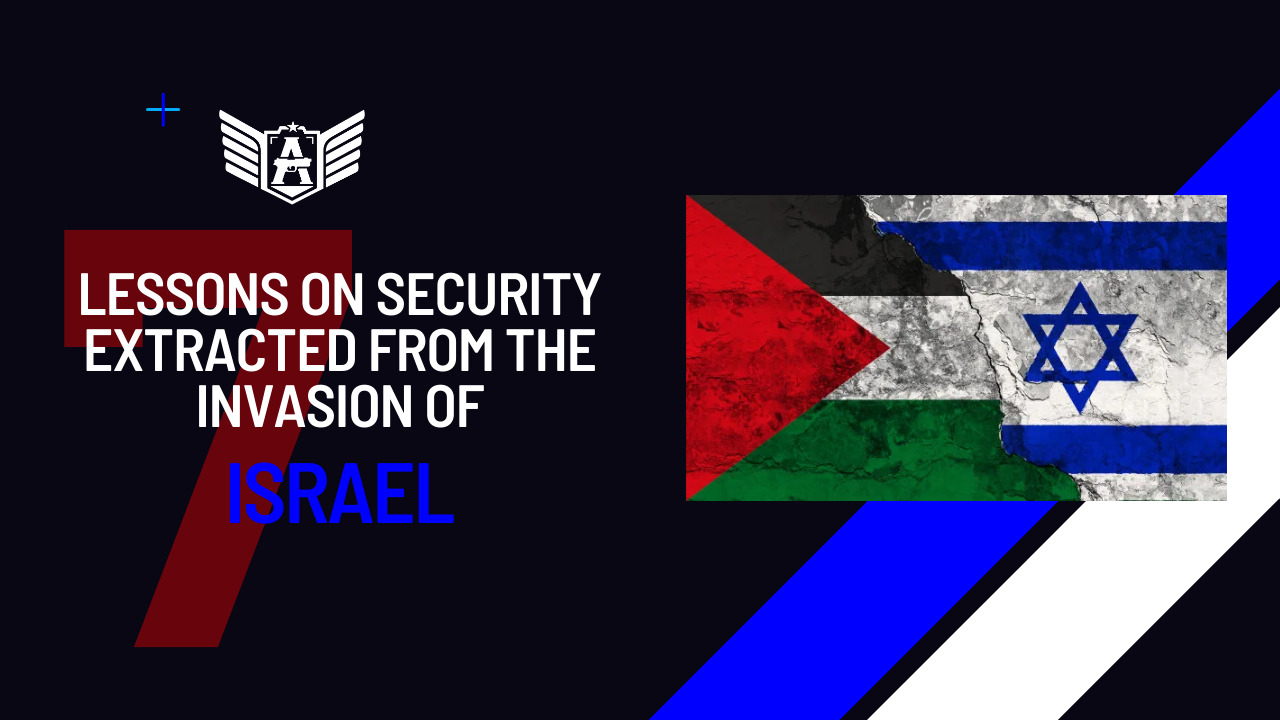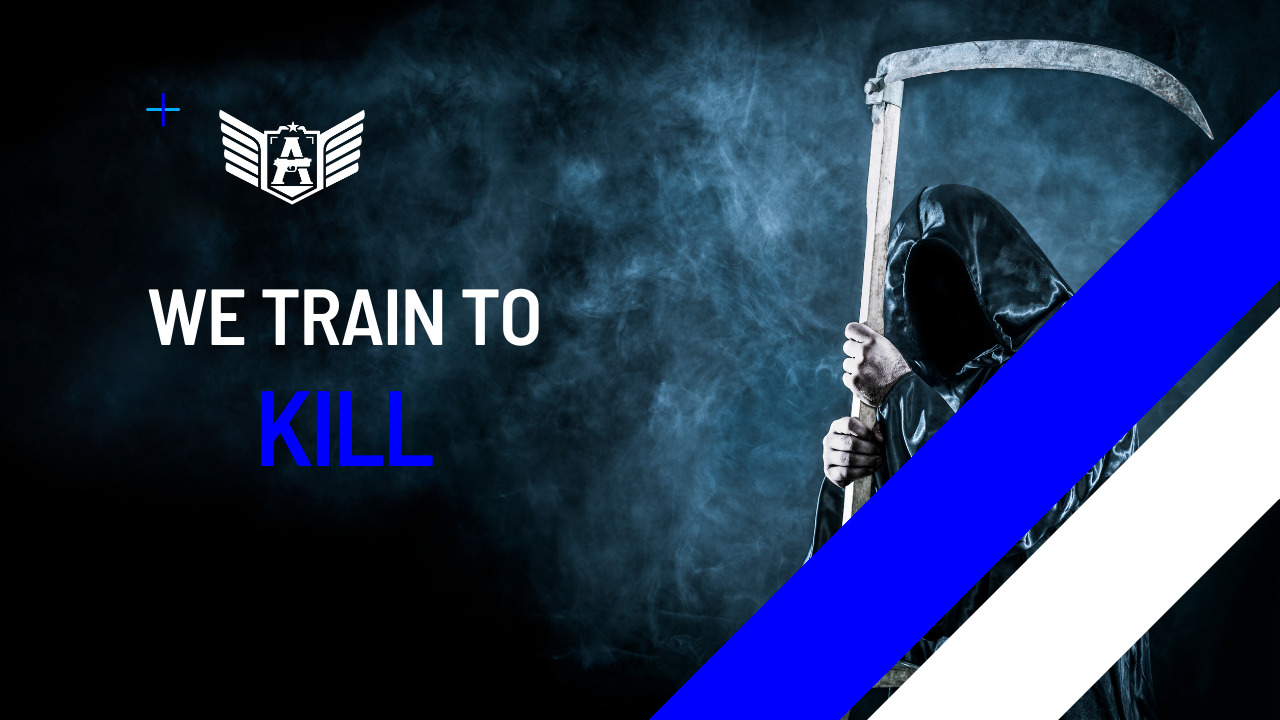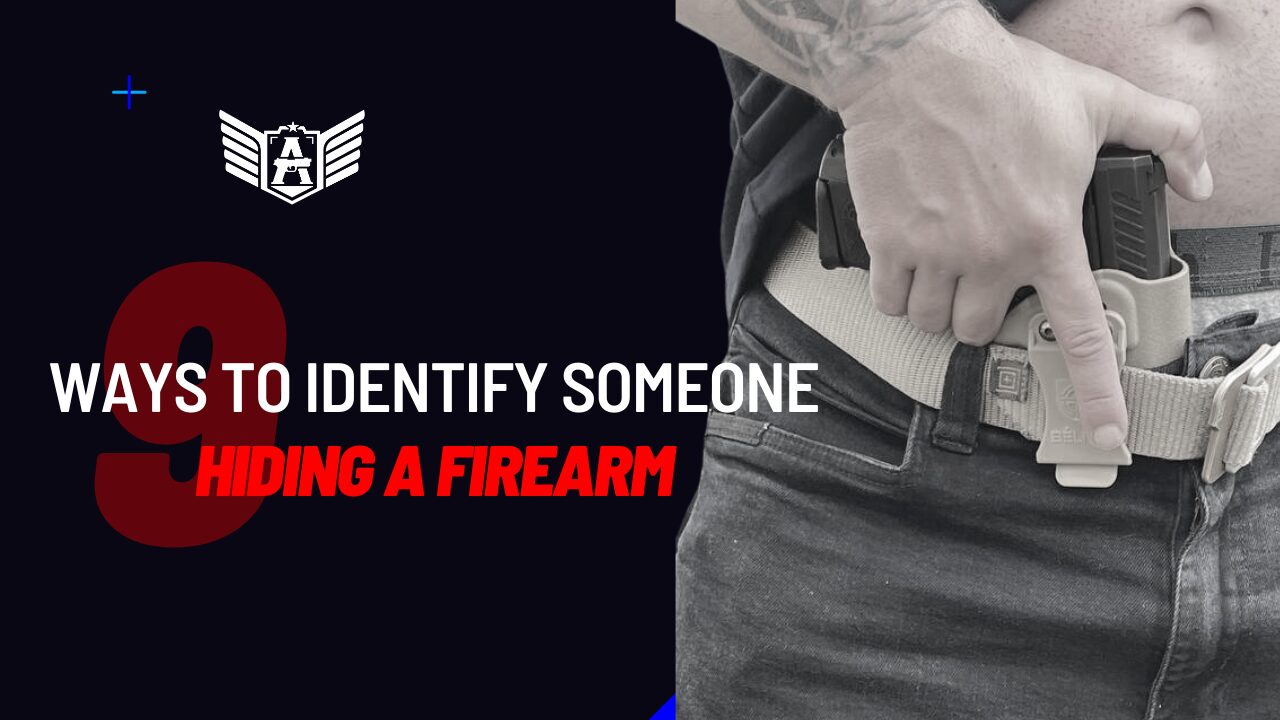And 5 lessons from the Darlington case in Panama
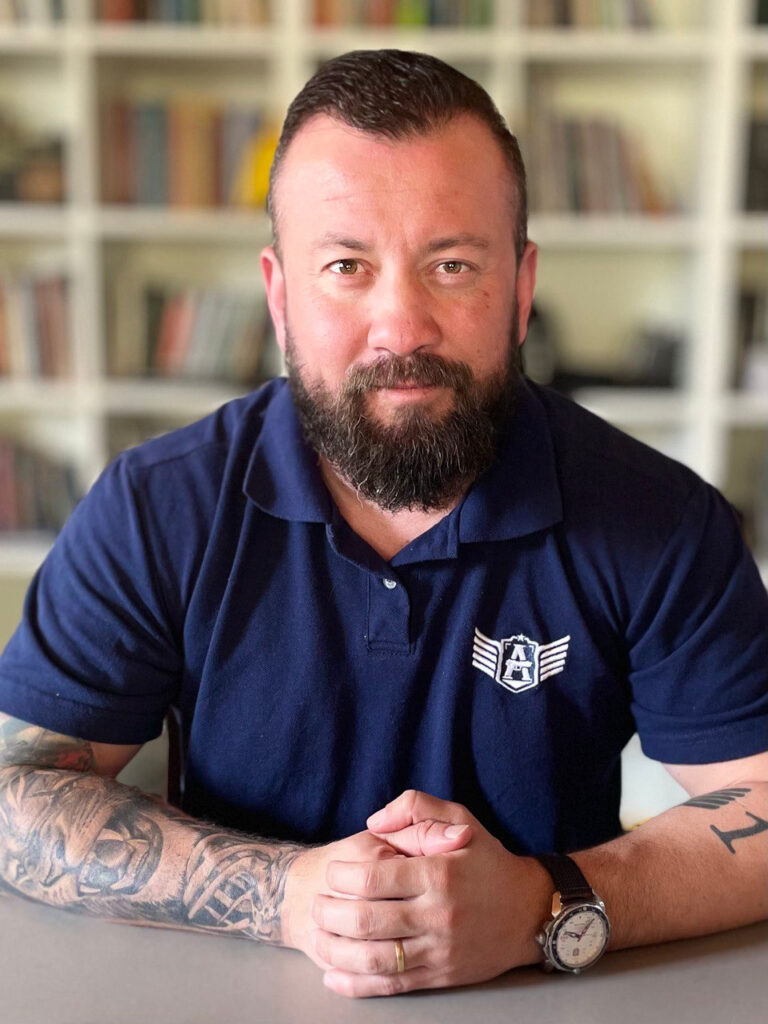
Yesterday, a 77-year-old U.S. citizen named Kenneth Darlington, born in Panama, fatally injured two protestors who were blocking a road. Darlington now faces charges of aggravated homicide against both individuals, along with illegal possession of firearms. This incident has reignited the ongoing debate surrounding the concept of self-defense and its legal boundaries.
This text doesn’t aim to instruct on legal matters or provide legal considerations on the topic. Instead, its purpose is to convey a specific opinion regarding self-defense in the context of preserving life and maintaining a tactical advantage. It’s important to note in advance that this opinion may not align with the laws of your specific country, as our readers come from various continents with diverse legal frameworks.
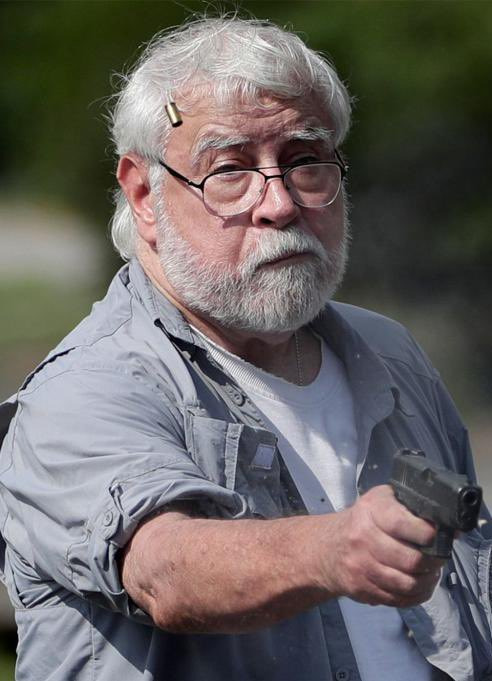
My students frequently inquire about the boundaries of self-defense, posing questions such as, “Lucas, if I take this action, would it be considered justified?” or “Lucas, if I do that, could I be arrested?” These are not questions one ideally contemplates in a moment of danger. Consequently, I tend to offer responses that are universally applicable, irrespective of one’s location or the circumstances in which they find themselves defending their life.
Taking someone’s life is arguably one of the most consequential actions you may undertake, particularly if you’re caught. The potential consequences include facing charges, arrest, and, in certain states or countries, even the possibility of being sentenced to death. This prompts us to contemplate and prepare ourselves for the possibility of having to kill in highly specific situations.
Consider, for instance, the hypothetical scenario of being a parent faced with the choice of killing someone to ensure the survival of your son or daughter. In such a dire situation, the immediate concern might shift from the fear of arrest or a death sentence to the paramount importance of securing the well-being of your loved ones. The ethical and legal considerations may become secondary when weighed against the urgency of protecting a family member’s life.
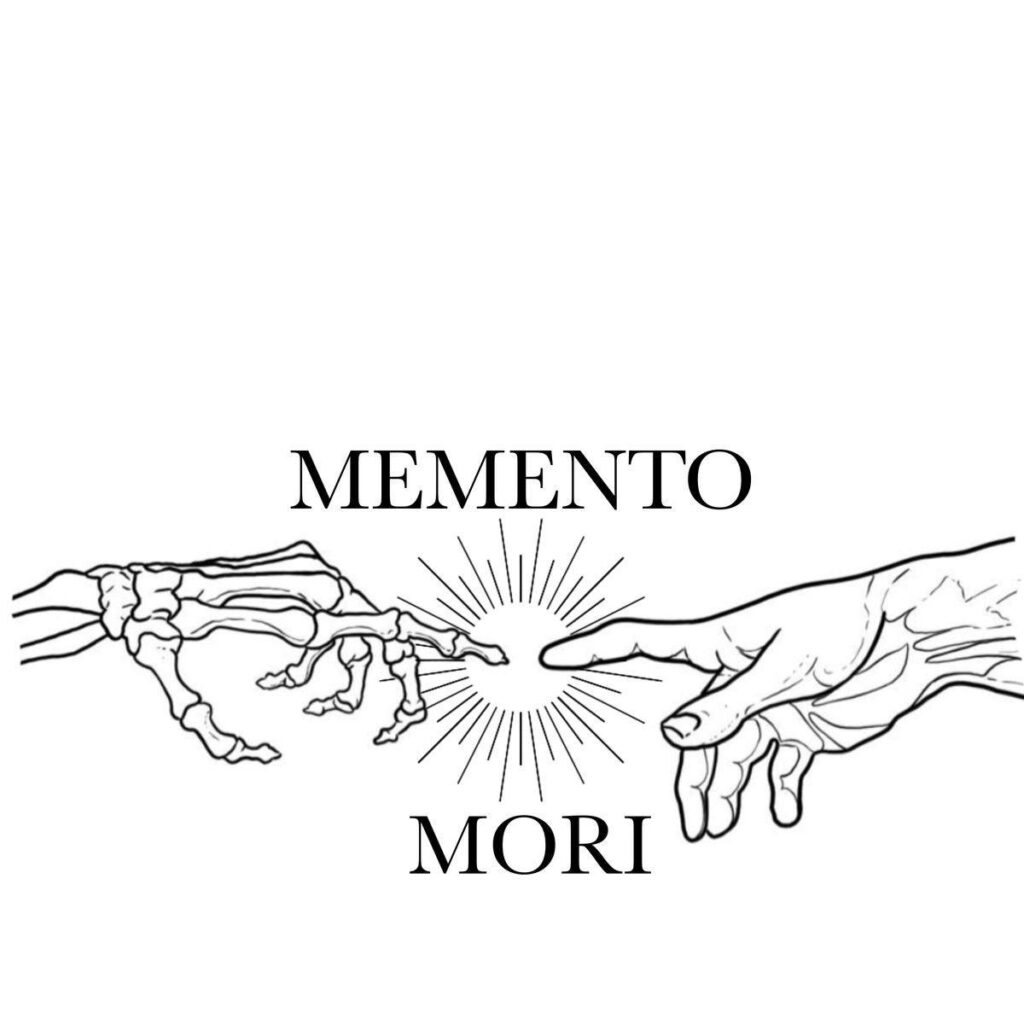
You must be prepared and determined to kill when what is at stake is much more important than your own life. With that in mind, your decision becomes much easier, doesn’t it?
Lessons from the case:
(1) Taking someone’s life should be the most costly thing you will do in your life.
(2) Ensure that when you take someone’s life, the reason is greater than your own life.
(3) When you encounter someone with a weapon in hand, do not confront them; you may die.
(4) Good fences make good neighbors. Do not infringe on the freedoms of others.
(5) Avoid stupdc actions. Do not hang out with stupid people. Do not go to stupid places.

